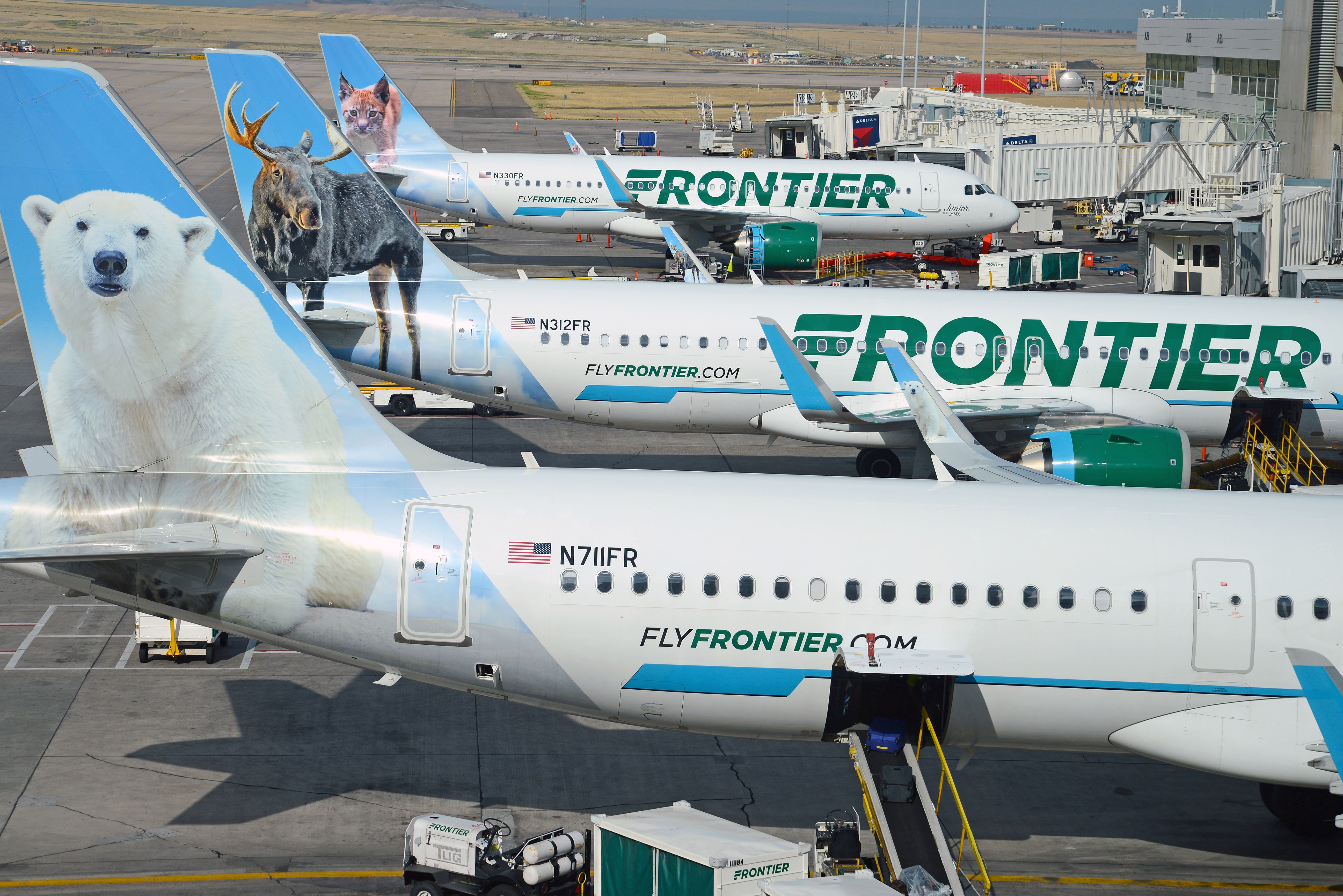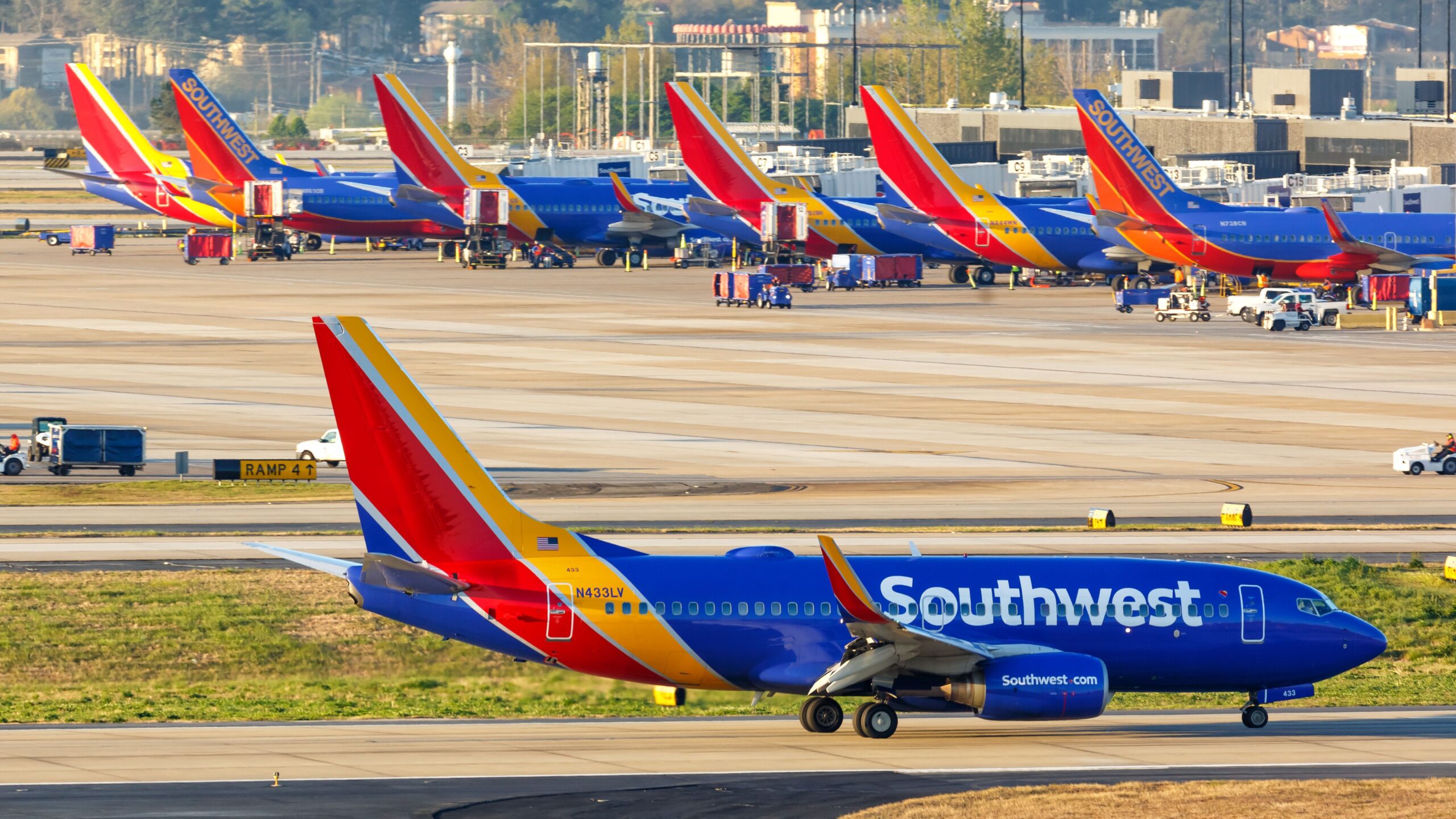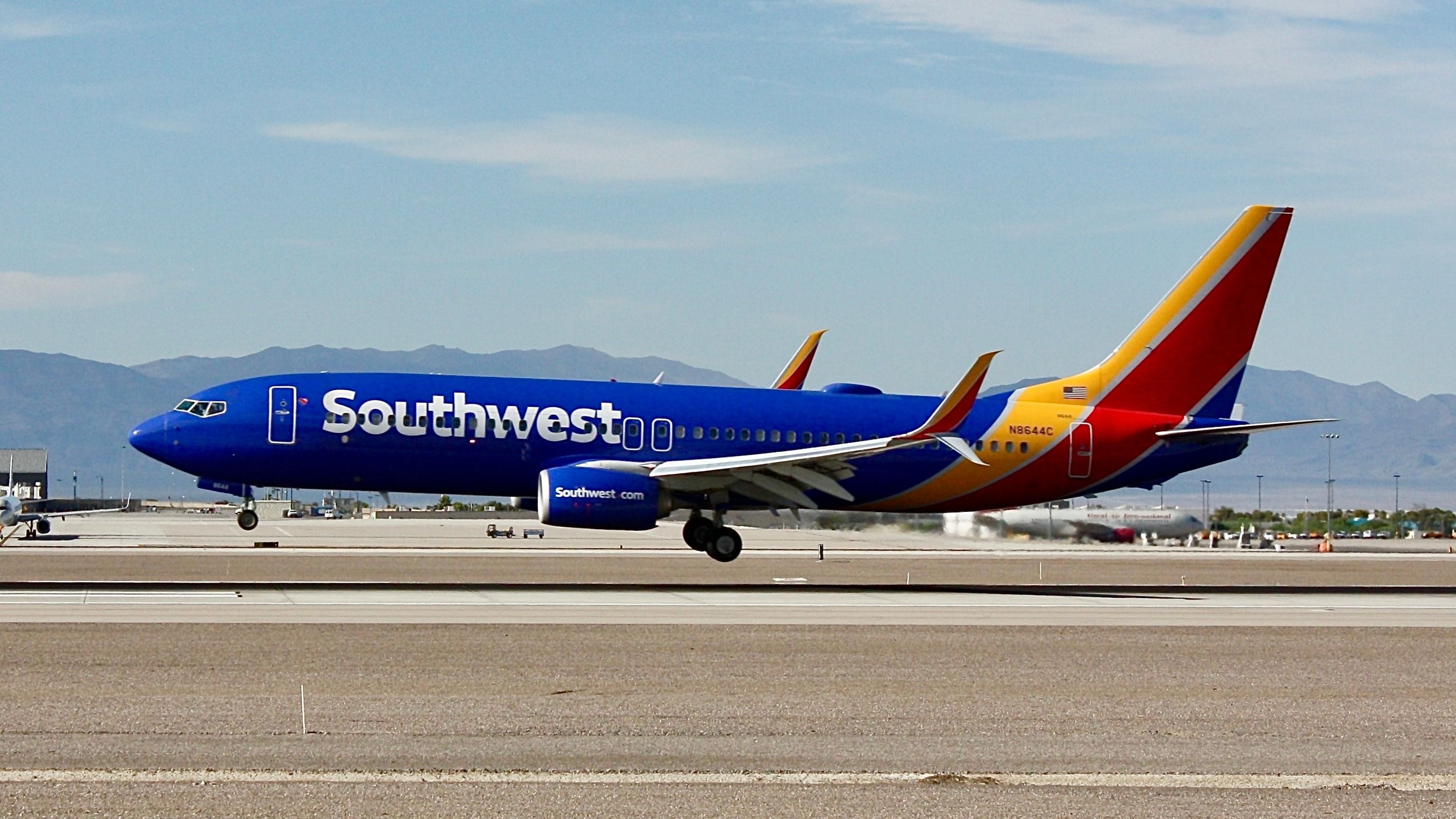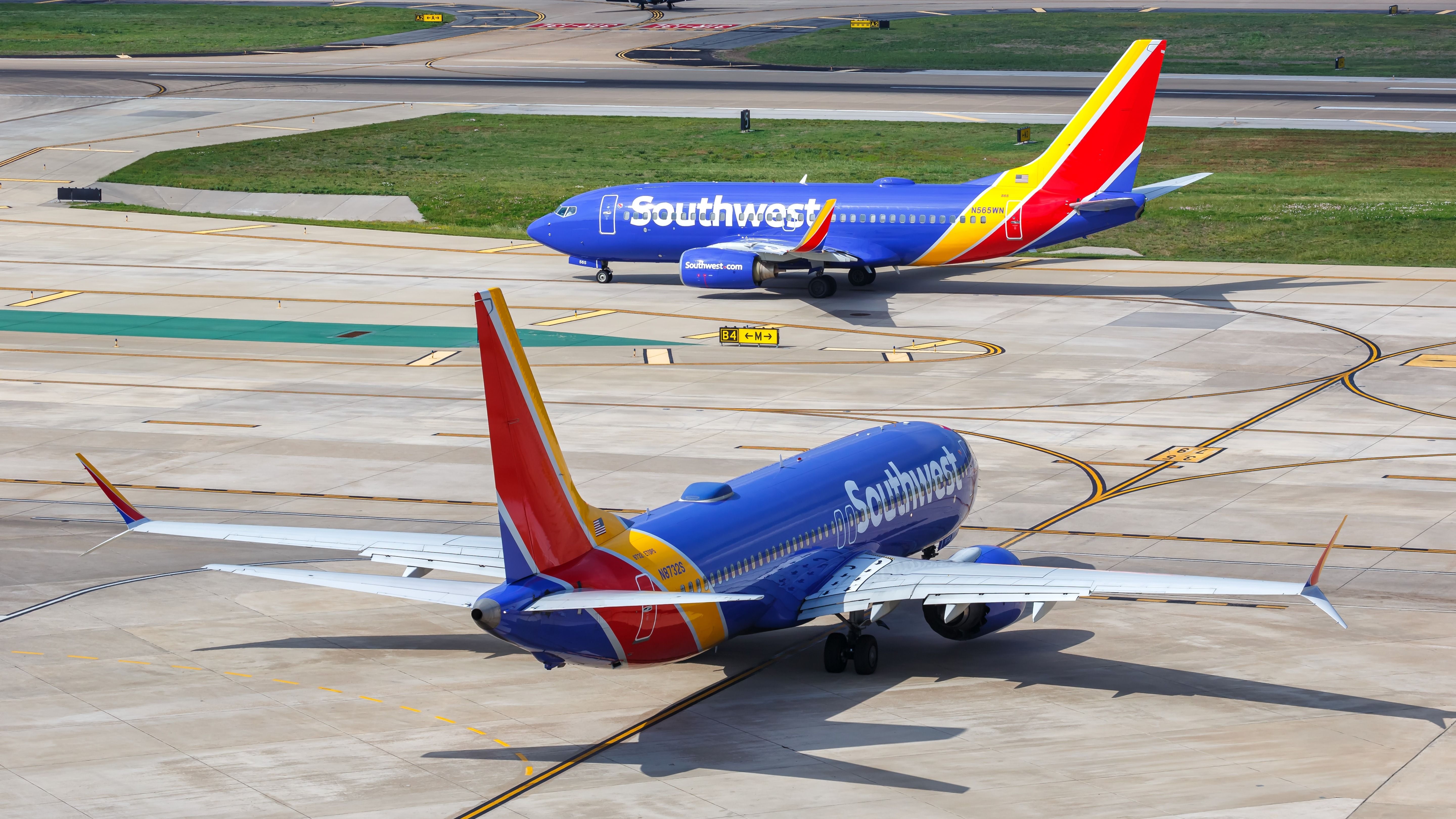On Wednesday, the United States and US Department of Transportation (DOT) announced a lawsuit against Southwest Airlines for illegally operating multiple chronically delayed flights and disrupting passengers’ travel. The same day, DOT announced it had fined Frontier Airlines $650,000 in civil penalties for operating multiple chronically delayed flights.
Unrealistic scheduling is unfair and deceptive
US Federal regulations prohibit airlines from promising flight schedules that do not reflect actual departure and arrival times. It is considered an unfair, deceptive and anticompetitive practice that disrupts passengers and allows airlines to unfairly win business by misleading customers.
Photo: Austin Deppe | Shutterstock
The complaint lodged by the US Department of Transportation against Southwest Airlines said that when an airline knows that a particular flight is consistently late, it is essential that the airline adjust its schedule. DOT claims that on many occasions, Southwest has chosen not to make any adjustments and has continued to market its flights using unrealistic schedules, causing significant harm to its customers.
A chronically delayed flight means any domestic flight that is operated at least 10 times per month and arrives more than 30 minutes late (including canceled flights) more than 50% of the time during that month. DOT said that offering a chronically delayed flight for more than four consecutive one-month periods represents one form of unrealistic scheduling and is an unfair or deceptive practice and unfair competition.
DOT is ready, willing and able to take airlines to court
US Transportation Secretary Pete Buttigieg said that as part of DOT’s commitment to supporting passenger rights and fairness in the market for airline travel, it is suing Southwest Airlines for disrupting passengers’ travel with unlawful chronic flight delays. Buttigieg added:
“Airlines have a legal obligation to ensure that their flight schedules provide travelers with realistic departure and arrival times. Today’s action sends a message to all airlines that the Department is prepared to go to court in order to enforce passenger protections.”
In October 2022, DOT’s Office of Aviation Consumer Protection (OACP) started an investigation to determine if Southwest Airlines had been or was engaging in an unfair or deceptive practice and unfair competition by holding out chronically delayed flights for more than four consecutive months. The OACP found two flights that transgressed.

Related
US DOT Fines Frontier Airlines $650,000 For “Chronically Delayed Flights”
While the initial fine was $325,000, the DOT warned that if Frontier Airlines continues to chronically delay flights, the penalty will double.
Southwest promised but could not deliver
From April 2022 through July 2022, Southwest operated a chronically delayed flight between Chicago Midway International and Oakland. In April and May, the service operated as flight 1029 and in June and July as flight 1767:
- In April, flight 1029 was more than 30 minutes late on 19 out of 25 trips, by an average of 74 minutes.
- In May, flight 1029 was more than 30 minutes late on 16 out of 27 trips, by an average of 80 minutes.
- In June, flight 1767 was more than 30 minutes late on 19 out of 26 trips, by an average of 87 minutes.
- In July, flight 1767 was more than 30 minutes late on 17 out of 26 trips, by an average of 69 minutes.
Photo: Markus Mainka | Shutterstock
The second flight was between Baltimore, Maryland and Cleveland, Ohio, which operated as flight 1614 in April and May and flight 2556 in June, July and August:
- In April, flight 1614 was more than 30 minutes late on 22 out of 26 trips, by an average of 66 minutes.
- In May, flight 1614 was more than 30 minutes late on 19 out of 27 trips, by an average of 70 minutes.
- In June, flight 2556 was more than 30 minutes late on 19 out of 29 trips, by an average of 96 minutes.
- In July, flight 2556 was more than 30 minutes late on 17 out of 31 trips, by an average of 69 minutes.
These two chronically delayed flights resulted in 180 flight disruptions for passengers between April and August 2022, with each flight chronically delayed for five straight months. The complaint said that by offering these flights, Southwest disregarded consumers’ need to have reliable information about the real arrival time of a flight and harmed thousands of passengers traveling on these flights by causing disruptions to travel plans or other plans.
Based on data submitted to DOT by Southwest, the Bureau of Transportation Statistics estimates that the airline was responsible for more than 90% of the disruptions for the two chronically delayed flights. However, DOT rules give airlines adequate time to fix their schedule after a flight becomes chronically delayed, but Southwest failed to do that, which is why DOT is seeking the maximum civil penalties allowed by law.



